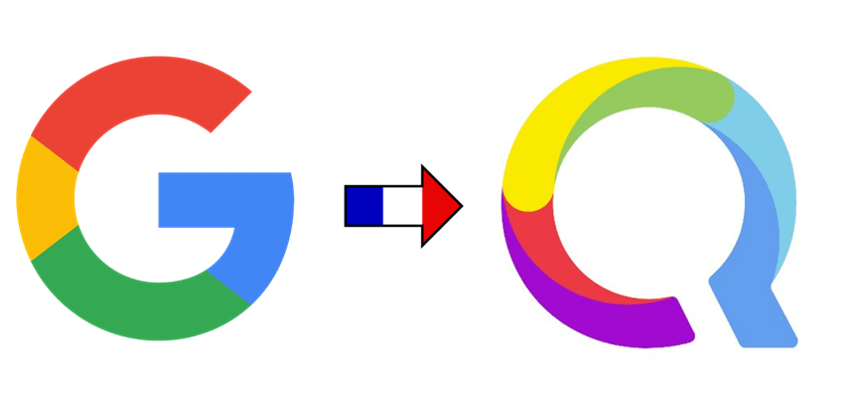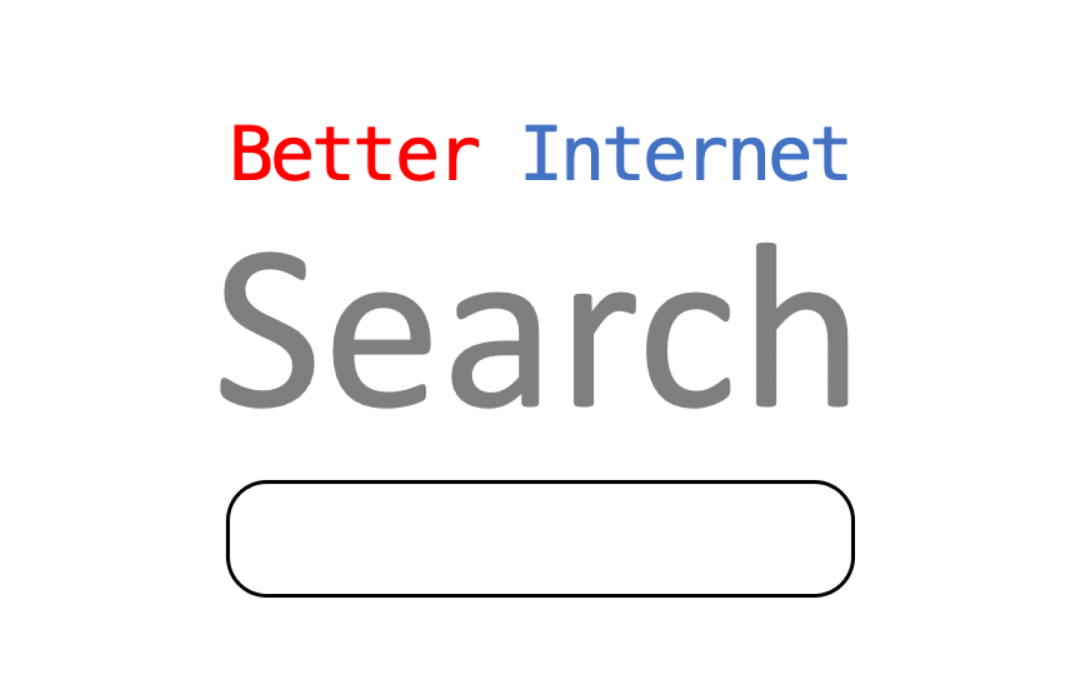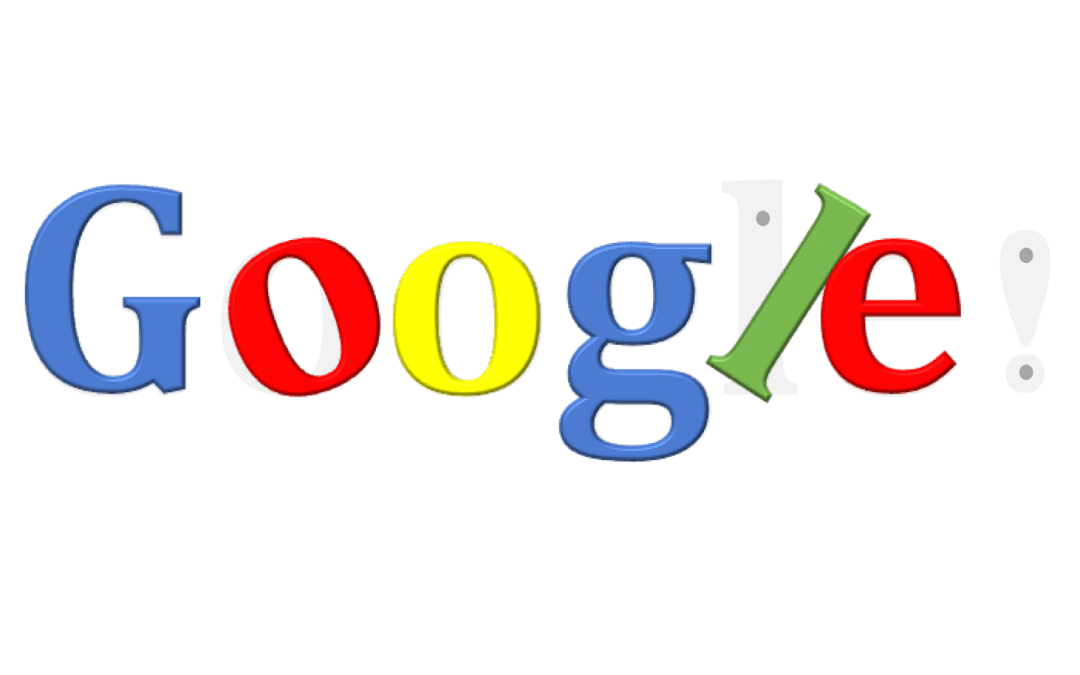Time to rethink online advertising
In the Wikipedia headline description of advertising it states that “Advertising is an audio or visual form of marketing communication that employs an openly sponsored, non-personal message to promote or sell a product, service or idea.” and is attributed to the book Fundamentals of Marketing by William J. Stanton (McGraw-Hill 1984).
This pre-internet definition supposes that the advertising is “non-personal” and of course that is no longer correct when considering today’s online digital advertising. We do have “personalised” online ads that requires the ad server (not necessarily the advertiser) to know something about you as an individual and will present us with “targeted” adverts and sponsored content. It is claimed that modern artificial intelligence (AI) algorithms are used to produce highly relevant content, but from my observations it is not working well.
Much of the online advertising I see is vaguely connected to internet content I have viewed in the past but not well connected to my actual current needs. Some content comes with links to fake news with sensational headlines often localised to draw you in to some potential sale (or scam). Even with keyword searches aimed to find some relevant information on a topic, the top links are all from sponsors trying to sell me something related to the search topic. I didn’t select ‘shopping’ but I constantly find myself in a virtual shopping mall which previously had been a vast library of encyclopaedias.
Think of it this way, to Facebook and Google, you are not their customer anymore – you have become the product. Advertisers pay for access to you, and the more that is known about you, the higher the value you are as a product. This may seem unfair, but perhaps it is our own fault because we want internet services to be ‘free’ and it all needs to be paid for somehow. So, has the internet shifted from being a great font of knowledge to being a big shopping mall? That might be slightly unfair since everything is still there and accessible, however, in order to get to the (online) library and museum, you must run the gauntlet of the visitor’s shop! And, as if to reinforce this point, in 2017 Google set aside $2.7 billion to pay a record European Union antitrust fine for favouring its shopping service in search results.
The Magna sourced data found in this Recode article below shows that digital advertising spend is now worth $209 billion per annum and in 2017 overtook TV advertising. The Google & Facebook duopoly accounts for 60% of this market !
Online advertising spend has risen exponentially and is now predicted to rise in a linear fashion – but how long before it slows to give the classic S-growth curve and something new kicks in? Here is my take on this; since 2015 there has been evidence that online ads are becoming less effective – as we are exposed to more, we are more inclined to ignore or avoid them. We have promises that AI is being used to improve the targeting of ads (and thus make them more effective) but ‘garbage in – garbage out’ applies to AI too. So, unless there is better information about the target (i.e. about us), then the odds on getting nearer the bullseye will not improve. Most of us have growing concerns about data privacy, and new legislation such as GDPR is kicking in, so perhaps the quality of personal information available to the likes of Google will, actually, get worse rather than better. As a consumer, I believe I am not alone in saying that I want less ads, and so the idea that I can simply be fed more and more advertising in order to continually grow revenues does not really wash. Thus, it is my prediction that online advertising revenues will slow quite quickly, TV advertising has already plateaued and will be driven downwards by pay TV. But, the Google & Facebook duopoly may still increase their market share further because they currently have access to better personal data than all of their competitors.
Long-term we must look beyond display advertising – it is based on an old marketing concept that has been adapted for the digital age, but it is surprisingly wasteful. It currently serves Google and Facebook very well, but it is inefficient for the advertiser and annoying for consumers. Today we have technology enabling us to accurately figure out what people actually want and to make customised products and services for them on demand. So, why don’t we use AI to help deliver a thing that people want rather than trying to make people want a thing?
And this brings us neatly to brokerage. A broker is an agent that takes a fee for matching a buyer’s need to a seller’s offer. Brokers do well if they can quickly and accurately match needs with availability. Good examples of online brokerage services are eBay, Uber, AirBnB, Tinder and in some areas Amazon. Online brokerage companies often provide a digital infrastructure to broker deals, but own very few physical assets – they are simply a matchmaking service. In recent years companies employing good brokerage business models have been among the fastest growing companies in the world since they can scale quickly and provide added value to both buyers and sellers.
Without going into detail, let us consider how a brokerage revenue model might be used to displace an advertising revenue model on the internet. If you, the citizen, rather than the current duopoly, hold the best quality of personal data about yourself, then personalising services is best done on your own client side. Now, instead of using this data to attract ‘hit or miss’ adverts, the citizen gives permission to a broker to use their data for the purposes of finding the services and products that are wanted. Then, when transactions are made, such as the purchase of a product, the seller will pay a fee to the broker since she has supplied a high value sale and avoided the need for advertising spend.
There are winners and loser in this model since advertising spend shifts towards brokerage spend. The citizen clearly benefits by becoming the customer to be served and not the product to be sold. Companies providing services and products best matched to what people are looking for will benefit through higher sales without advertising spend. This shift will also mean that the internet can become more relevant and have less advertising. Companies with business models anchored on heavy advertising spend rather than a focus on customer specific needs may lose out. Clearly the traditional online display advertising companies that fail to adapt will be big losers as the market tilts towards a citizen focussed brokerage model.
And, when will this change happen? I think it is already happening but the incumbents will hang in there for a good few years yet.
The post Time to rethink online advertising appeared first on Trisent.











